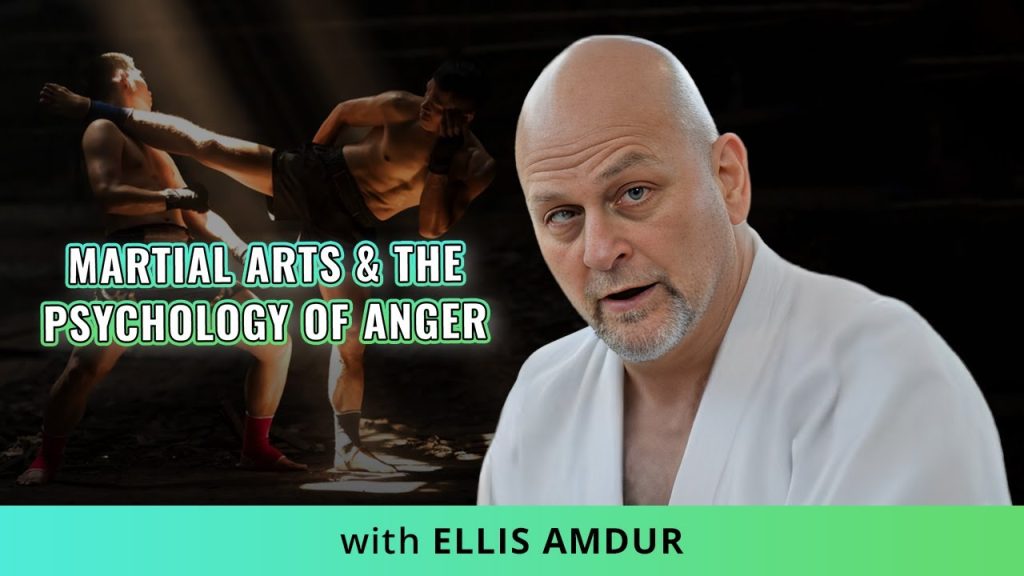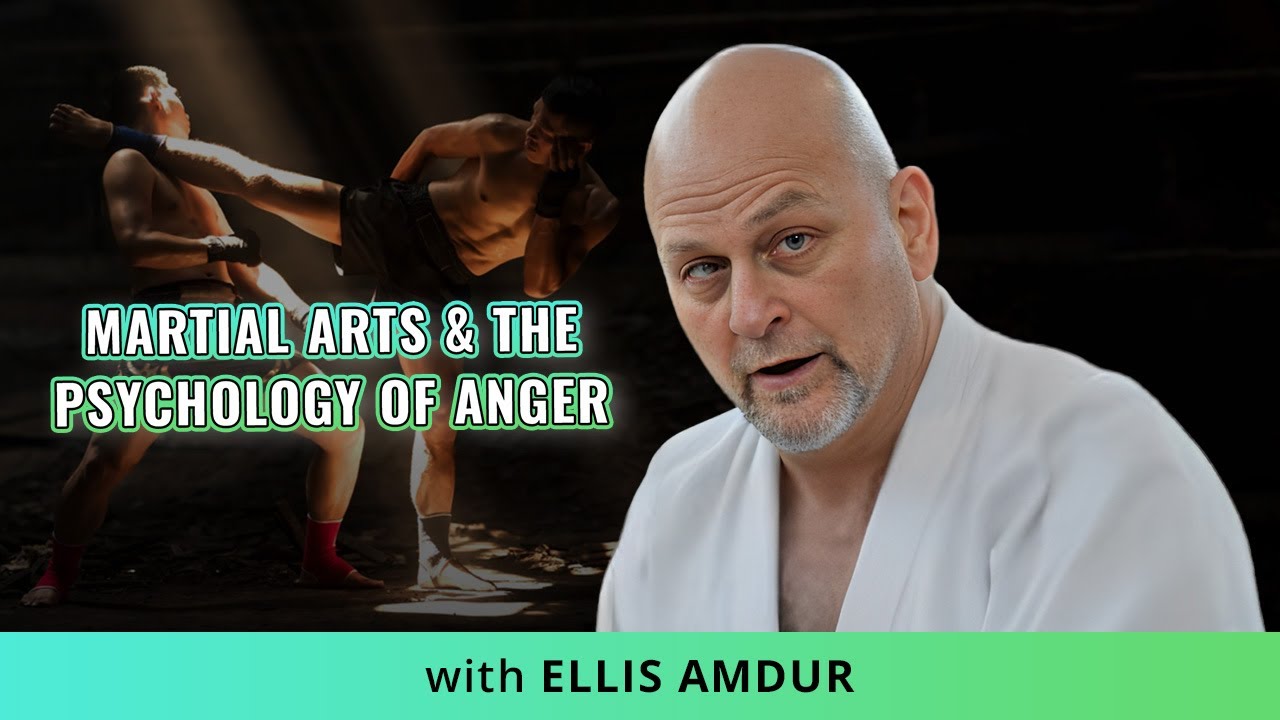
Martial Arts Specialist Provides Effective De-Escalation Techniques to Prevent Confrontation

Martial arts have historically been linked to self-defense techniques that highlight physical skill, yet for Jeet Kune Do instructor Tim Tackett, it is also vital to underscore the significance of de-escalation methods. After dedicating years to the preservation of Jeet Kune Do—founded by Bruce Lee—Tackett is devoted to advocating for non-violent conflict resolution through a technique he identifies as “verbal jiu-jitsu.” Aware of the seriousness surrounding physical confrontations, Tackett maintains that physical responses should only be a last resort, emphasizing verbal abilities to thwart perilous situations from escalating into aggression.
As a prominent member of the Jeet Kune Do community, Tackett established the JKD Wednesday Night Group in Redlands, California, serving as a non-profit venue for practitioners to convene weekly for training sessions. Aside from teaching martial arts techniques, he supports verbal tactics to diffuse potentially explosive encounters. Tackett’s knowledge and perspectives were shared with a wider audience at the Combat Submission Wrestling 2016 World Conference. During his talk, he illustrated the risks associated with physical clashes through a chilling story about an acquaintance who found himself incarcerated after a single punch resulted in an unintended death.
Tackett provides actionable de-escalation techniques suitable for frequent provocative situations. The success of these strategies hinges not just on the words used, but also on the manner of delivery. For example, when faced with an aggressive “What the hell are you looking at?”, Tackett advises countering with an unanticipated compliment: “That shirt man, that’s a really cool shirt? Where did you get that?” This reply aims to surprise the aggressor and steer the interaction away from hostility.
In another example where someone might shout, “What’s your problem?!”, Tackett suggests a serious response to alter the atmosphere, such as, “My dad died last night and I just came in here to have a drink.” Such a response can foster empathy and mitigate the chance of aggression. Likewise, if someone confronts with “Are you looking at my girl?”, Tackett recommends pacifying the situation by stating, “Is her name Madeline because she sure looks like Madeline? Is she your girlfriend? Look, let me buy you a drink!” These cleverly disarming phrases promote dialogue over conflict.
Though Tackett’s approach may appear lighthearted in a training context, the core message is serious and relevant. He stresses that acquiring these de-escalation skills is as crucial as mastering self-defense tactics, as effectively sidestepping confrontations can save individuals from regretful outcomes. Tim Tackett’s philosophy underscores that true expertise in martial arts involves not only physical proficiency but also the discernment to prevent violence through non-violent means.